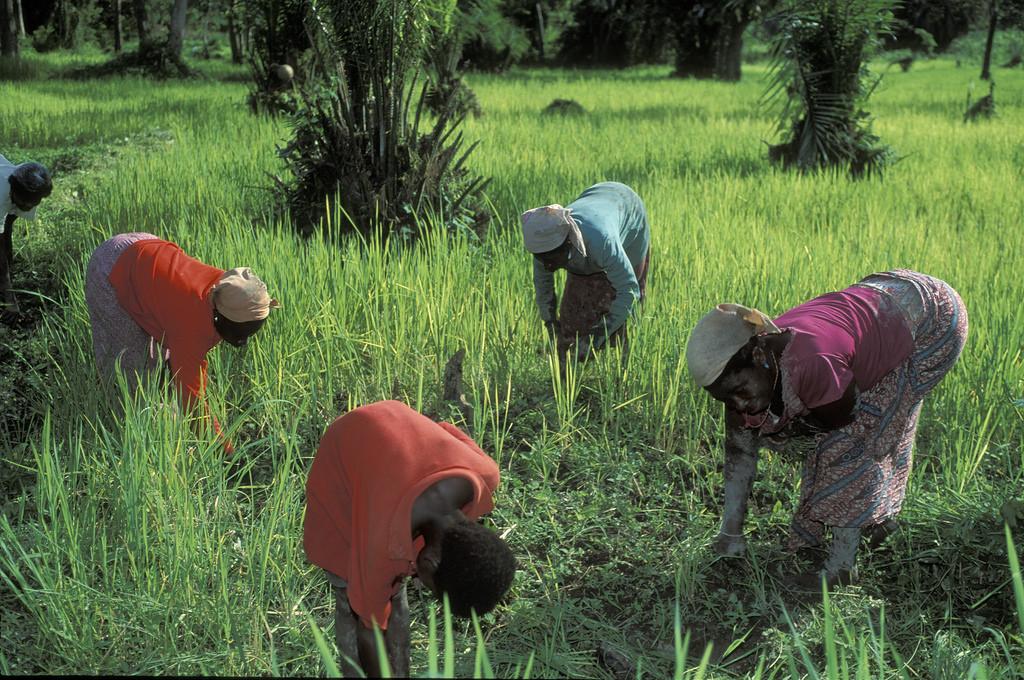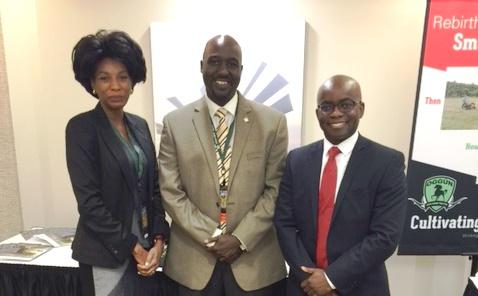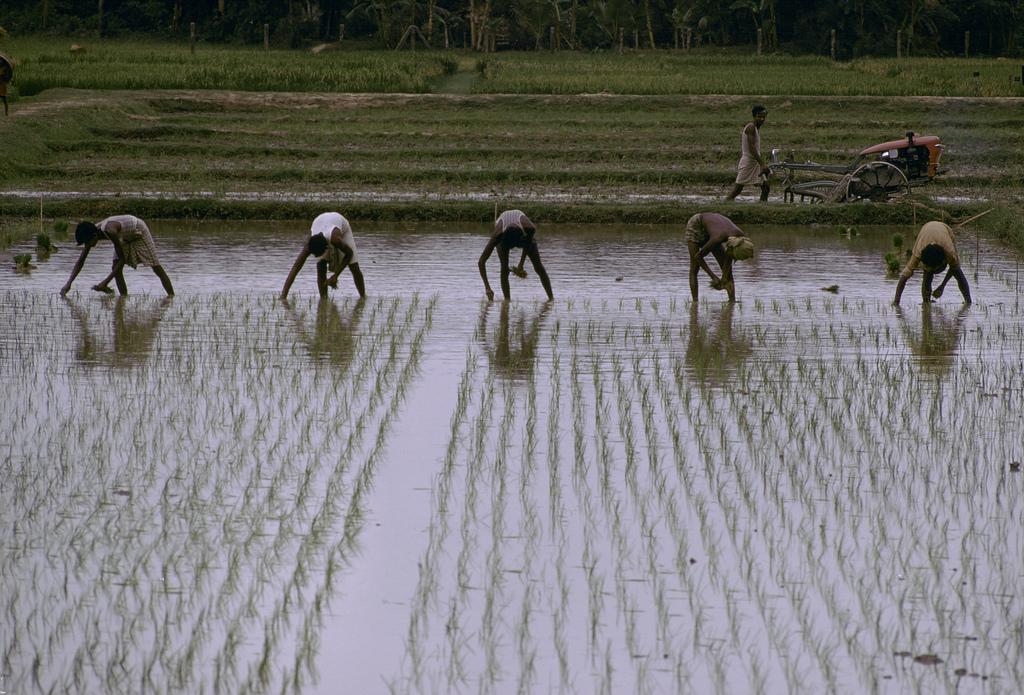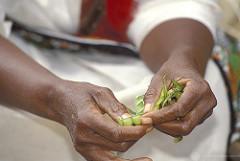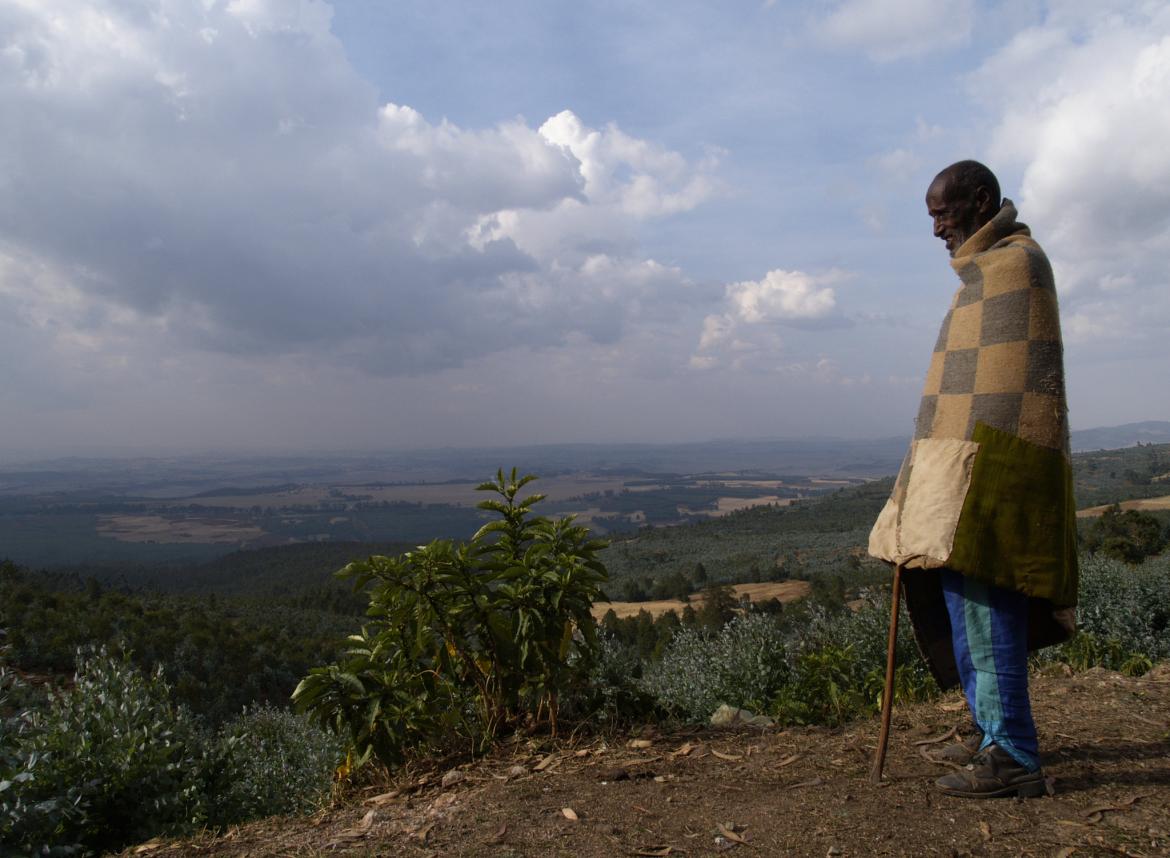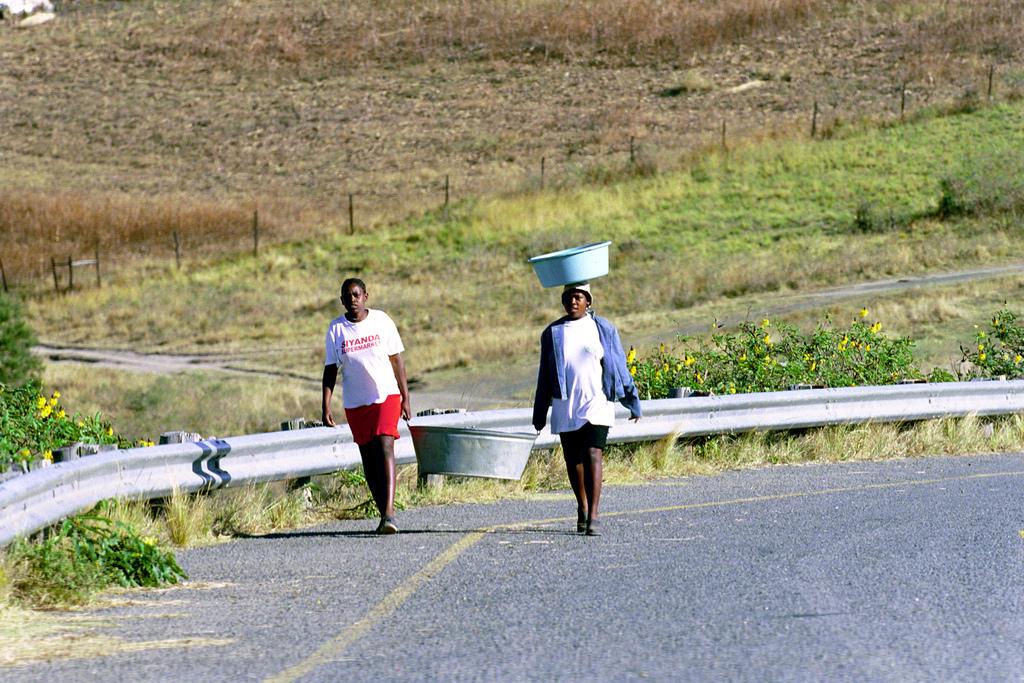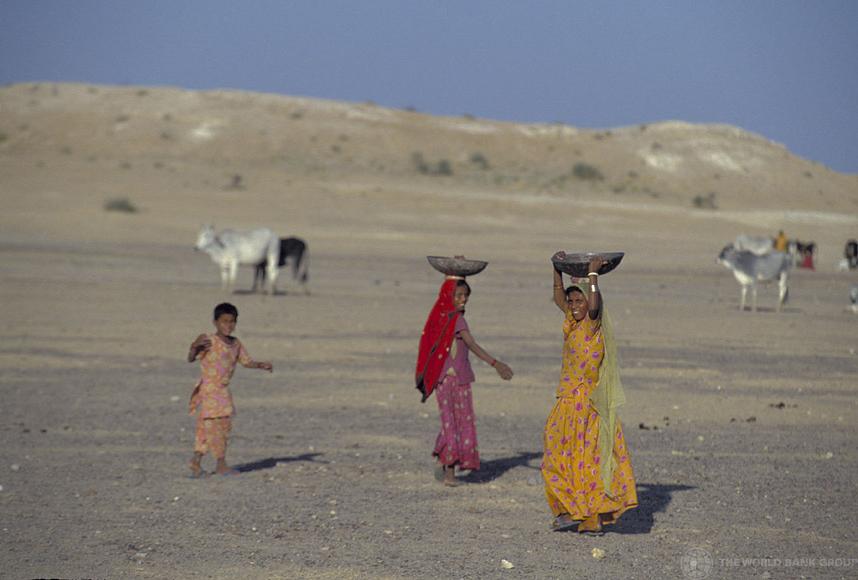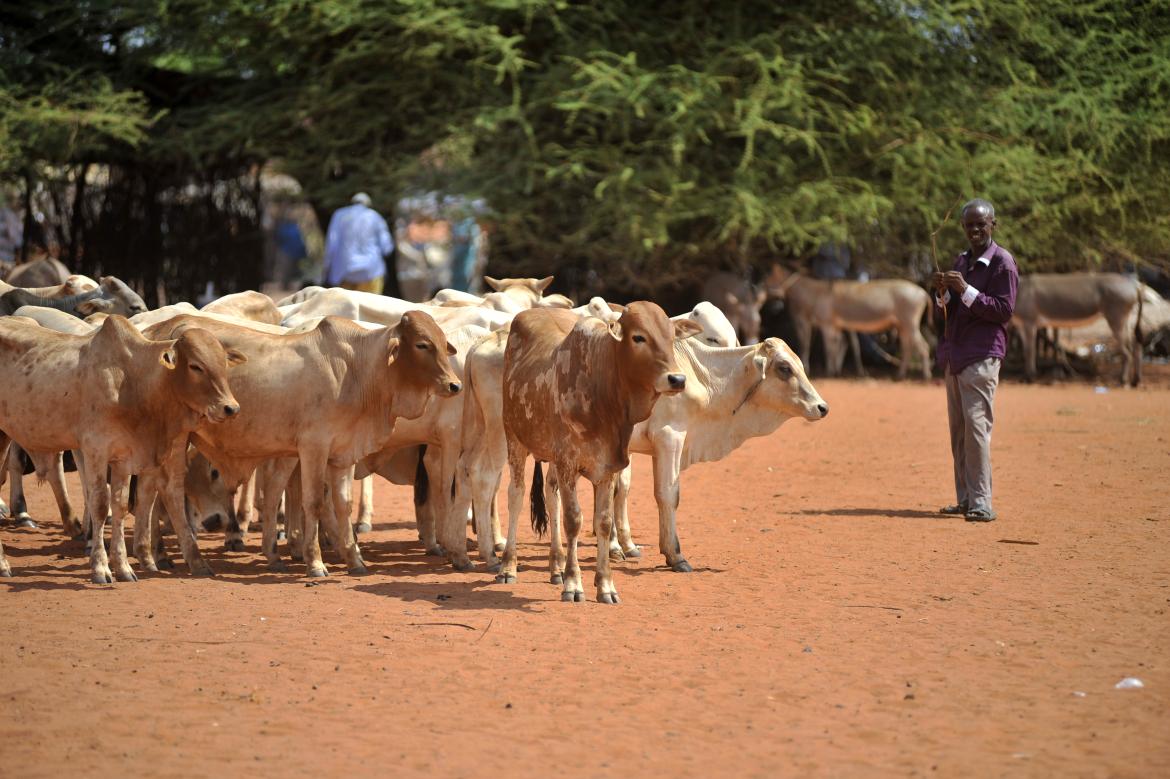
In a New York Times' Opinion, Tina Rosenberg wrote that Andrew Mude, a Kenyan economist at the International Livestock Research Institute, is helping headers in Southern Africa insure their liveshock. Dr. Mude was awarded the Norman Borlaug Award for Field Research and Application, which is a major prize in agricultural research, given by the World Food Prize Foundation. "Mude’s program began in one Kenyan county in 2010. Today, about 16,000 families are insured; most are in Kenya, and some are in southern Ethiopia," the op-ed says. To read the article on New York Times, please click here.

